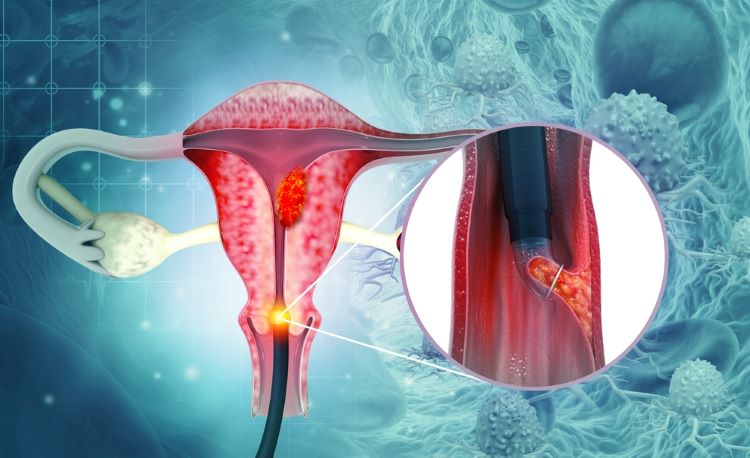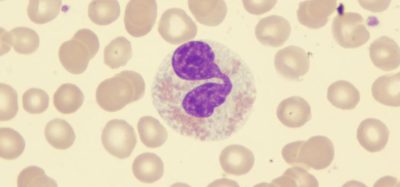First immunotherapy recommended for advanced cervical cancer
Posted: 29 March 2023 | Catherine Eckford (European Pharmaceutical Review) | No comments yet
Final draft guidance published by the National Institute for Health and Care Excellence (NICE) has recommended immunotherapy pembrolizumab drug for advanced cervical cancer.


Pembrolizumab (Keytruda) has been recommended in National Institute for Health and Care Excellence (NICE) final draft guidance for advanced cervical cancer.
A promising immunotherapy
“Pembrolizumab shows promise as the first effective immunotherapy [for advanced cervical cancer]”
“Pembrolizumab shows promise as the first effective immunotherapy” for the condition, stated Helen Knight, Director of Medicines Evaluation at NICE. Clinical trial evidence shows that the treatment helps delay worsening of the disease, compared to standard care. It also suggests patients may live longer overall.
NICE’s draft guidance recommends pembrolizumab with chemotherapy (with or without bevacizumab) as an option for treating persistent, recurrent or metastatic cervical cancer in adults whose tumours express programmed cell death ligand 1 (PDL1). This is in patients who have a combined positive score (CPS) of at least one if the pembrolizumab is stopped at two years of uninterrupted treatment.
“People with advanced cervical cancer have limited treatment options beyond standard care and an effective treatment would be welcomed,” commented Knight.
NICE’s final guidance
According to NICE, the Cancer Drugs Fund (CDF) pays for cancer treatments while data is collected on their clinical effectiveness. “Recommending pembrolizumab to the CDF means people have faster access to care while this further evidence is gathered,” explained Knight.
However, it is unclear how much longer it takes for the cancer to worsen, or how much longer patients live for, as the trial not yet finished. “To ensure the best use of limited public funding, we need additional evidence to fully analyse its clinical and cost effectiveness before it can be considered for routine NHS use,” Knight added.
Around 400 people with advanced cervical cancer are estimated to be eligible for the humanised monoclonal antibody, once available through the CDF, NICE stated.
Knight concluded: “We have recommended 53 cancer treatments for use in the CDF since 2016, benefitting around 55,000 people. Most treatments funded by the CDF are subsequently recommended by NICE for routine NHS use.”
Related topics
Anti-Cancer Therapeutics, Antibodies, Big Pharma, Biopharmaceuticals, Clinical Trials, Drug Development, Drug Safety, Immunotherapy, Regulation & Legislation, Research & Development (R&D), Therapeutics








